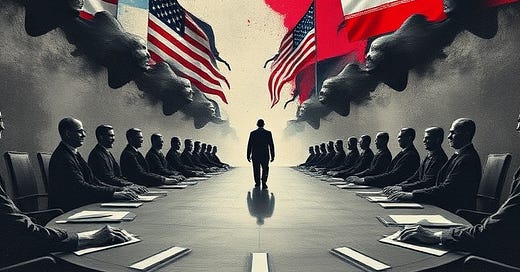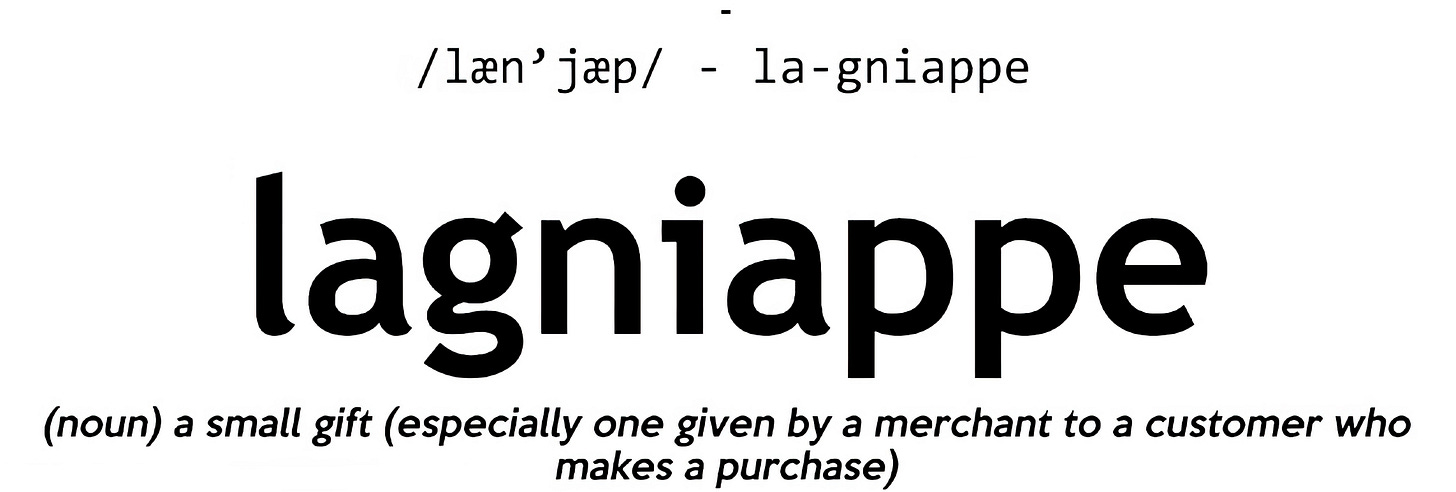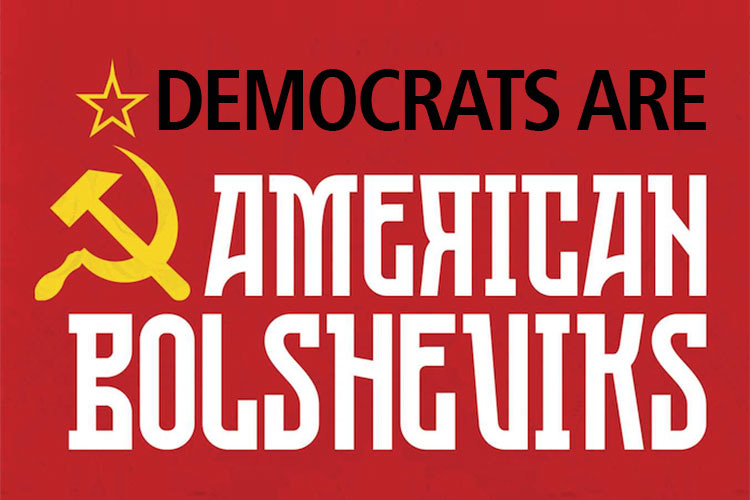Unmasking the Hidden Hand: The Atlantic Council's Looming Shadow Over US-Iran Tensions
Exploring How Global Institutions Manipulate Policy and Orchestrate Conflict in Pursuit of a Global Power Play
“Prelude to War” - Original artwork by Sam Kephart using prompts with DeepAi.org
In today's geopolitically charged climate, where media narratives are crafted with precision, it's imperative to question who stands to gain from potential global conflicts.
Among these puppeteers sits the Atlantic Council—a group whose actions suggest a nearly invisible hand steering world events, particularly in the context of US-Iran relations.
Let’s examine how such organizations operate behind the scenes, influencing policies and stirring tensions… with Iran standing as the latest stage for their global performance.
The Atlantic Council, not new to controversy, has historically positioned itself at the nexus of key geopolitical struggles.
It’s an organization described by many as a central player in globalist efforts to foment proxy wars.
With a track record of influence in regions like Ukraine, and direct involvement in shaping narratives around climate change and other planetary crises, their focus is now set on the Middle East, with particular interest in Iran.
A recent report titled "The Future of US Strategy Toward Iran: A Bipartisan Roadmap for The Next Administration" outlines a concerning blueprint.
The rhetoric used in the report lays bare an ambition: firmly anchoring the US in the throes of Middle Eastern conflict, purportedly to deter Iranian influence.
Yet, critics argue this is merely a veneer for deeper aspirations—a strategic leverage point in a much larger game of global dominance. "Deterring the threat posed by Iran and its proxies requires a multifaceted approach," the paper advocates, framing military presence and strategic posturing as necessities.
It calls for America's declaratory policy to demand a kinetic response should Iran cross red lines, such as acquiring nuclear capabilities.
Crucially, the council also seems intent on binding US interests to Israeli outcomes, proposing entrenchment of American forces in the region.
These suggestions are not new to aggressive foreign policy enthusiasts but are met with skepticism by those wary of repeating the past's errors. Yet the most chilling proposition might be the implied willingness to embroil the US in another expansive conflict under the guise of national security, irrespective of administrative factions in power—be they Republican or Democrat.
The Atlantic Council’s strategies have influence well beyond advisory roles—they script scenarios for policy "red team" exercises and work to align international actors on their vision for conflict zones like Ukraine. Their influence raises serious concerns about how globalist entities manipulate narratives and exert pressure to serve their often opaque objectives.
As observed in Ukraine, where the council played a heavy hand long before conflict erupted, there is little to suggest this will not be the case with Iran.
Their vested interest in Ukraine’s geopolitical alignment with the EU and NATO revealed another layer of their ambitions—prodding eastward conflicts to strain adversaries like Russia. Now Iran’s ties with China and Russia present a familiar chessboard where pieces have yet to move significantly.
The looming question remains: Why should Americans care?
Proponents involved with organizations like the Atlantic Council often publicly dismiss domestic concerns, but the core issue is deeply national. Proxy wars abroad have long been perceived as distant. However, entangling alliances and global posturing could someday see these conflicts reverberate homeward, bringing tangibly destructive consequences to American soil.
Understanding the narratives and influences of the Atlantic Council and similar groups is imperative. With Iran now the potential flashpoint, it’s crucial, as global citizens, to demand transparency and rationale in foreign policy.
It’s critical we question whose interests are truly served by foreign entanglements. Remembering that power often cloaked in benevolent language can cluster in a few powerful organizations, unraveling such cloth is the first step in reclaiming sovereignty and refocusing on national stability and peace.





